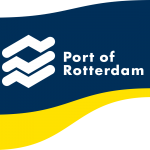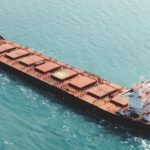The United States Agency for International Development (USAID) last week launched the USAID Caribbean Sustainable Ecosystems Activity in Kingston, Jamaica. In the Caribbean, marine and coastal ecosystems are critical for local livelihoods and economic development of the region, particularly for the tourism sector. In 2021, the travel and tourism sector contributed over US$39 billion to the region’s GDP. The impacts of human economic activities like pollution, waste generation, and unsustainable fishing practices threaten the health and beauty of marine and coastal ecosystems. The USAID Caribbean Sustainable Ecosystems Activity aims to address these threats by working with the private sector to reduce the actions that are impacting these marine and coastal environments.
This five-year programme, active until January 2029, is working with local communities and the private sector to identify priority areas and blue economy initiatives to be supported across 13 countries of implementation. These countries include Antigua and Barbuda, Barbados, Dominica, Dominican Republic, Grenada, Guyana, Haiti, Jamaica, St Lucia, St Vincent and the Grenadines, Suriname, and St Kitts and Nevis, and Trinidad and Tobago. Examples of types of initiatives to be supported include the designation of protection zones for marine mammals and sea turtles, investments in improved solid waste management systems, and working with fishers to help them meet large-scale tourism actor procurement requirements.
The USAID Caribbean Sustainable Ecosystems Activity is implemented by the Pan American Development Foundation, in collaboration with The Caribbean Climate Smart Accelerator, the Caribbean Regional Fisheries Mechanism, Caribbean Network of Fisherfolk Organisations, CollaborateUp, EarthCheck, and The University of the West Indies Center for Resource Management and Environmental Studies.
Source: USAID






